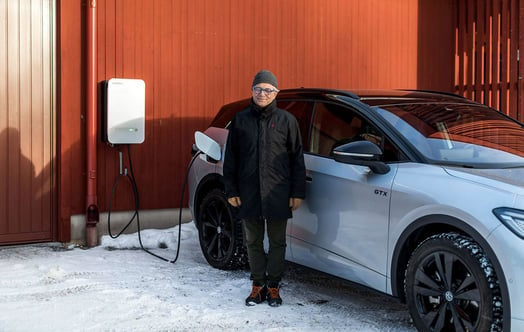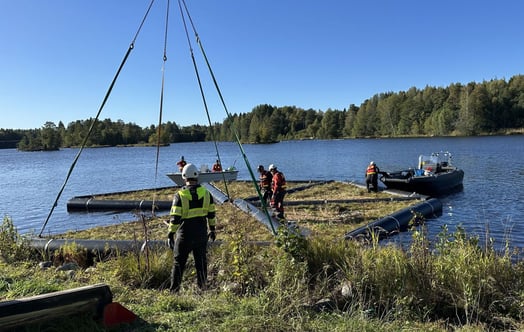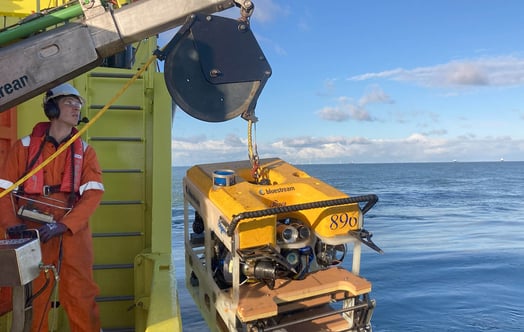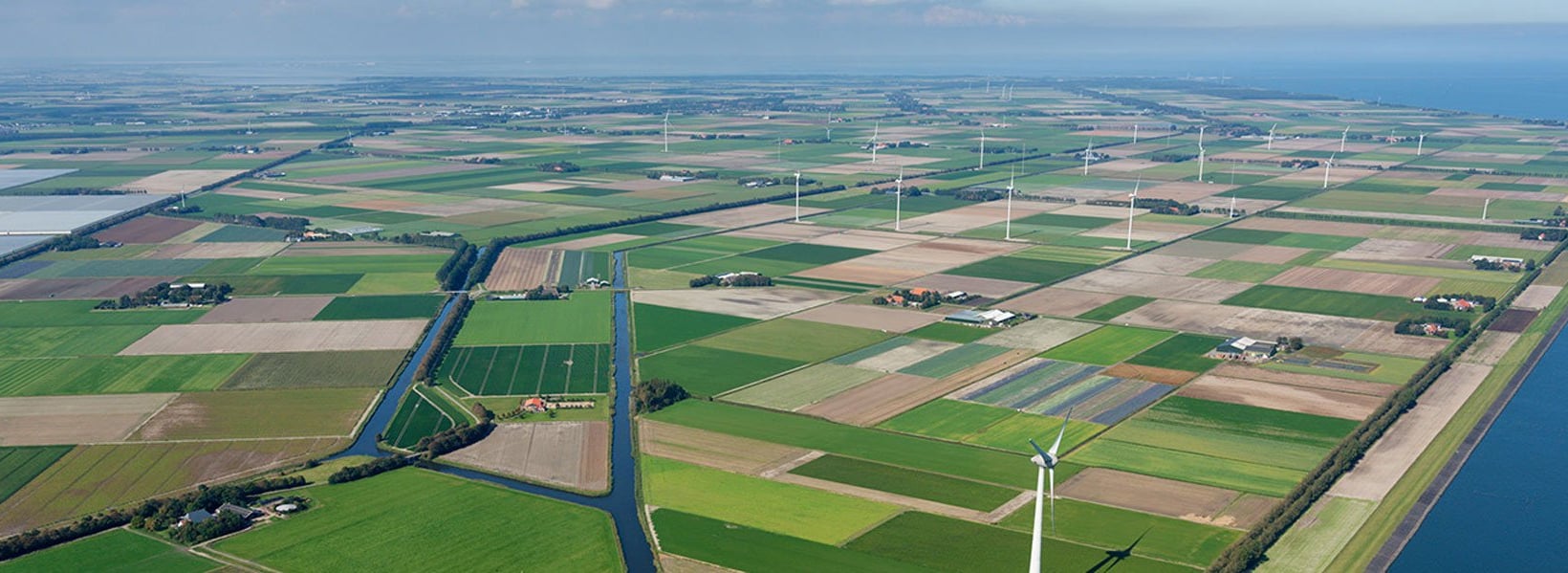
PPAs directly links to Vattenfall’s purpose
PPAs, or Power Purchase Agreements, is a frequently used term nowadays but what is it actually?
In autumn 2017, Microsoft and Vattenfall (Nuon) closed a ten year contract of providing renewable energy from the new wind farm Wieringermeer in the Netherlands, next to the new-to-be-built data center. In May 2018, Facebook announced a contract with Vattenfall on a new data center in Denmark and one in Sweden. They will get green energy supply from a wind farm in Norway. These are just two examples of Power Purchase Agreements.
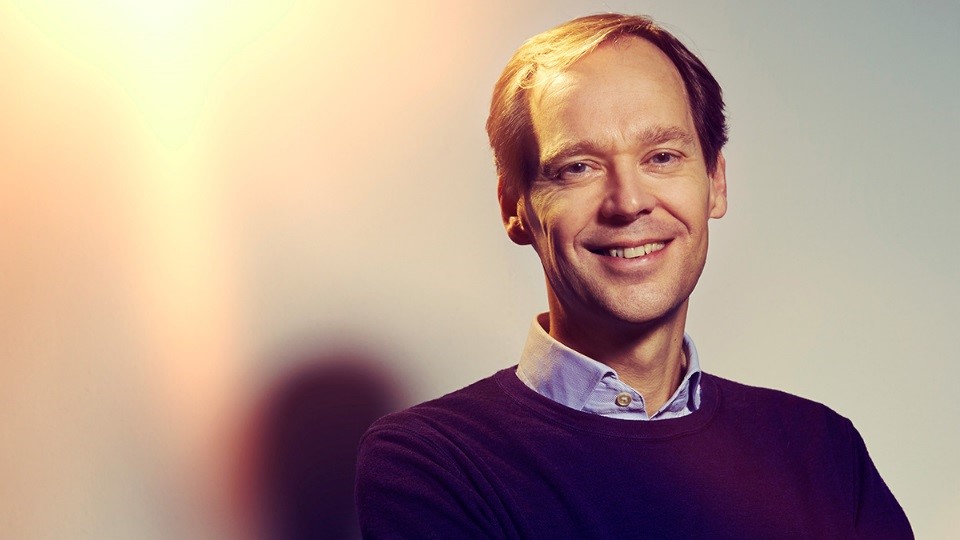
Head of Business Unit Customers in BA Markets, Erik Suichies explains how Vattenfall can help customers to become sustainable.
“To sell or buy energy via long term power purchase agreements is nothing new in our industry. For decades, we have had supply agreements in place with energy intensive customers that want to fix their energy prices long-term. What is new is that more and more customers have an interest to get access to renewable energy to fulfill their sustainability targets. Our answer to this need are corporate renewable PPAs which means that we directly connect our customers to specific renewable production sites for periods of up to 10 or 15 years,” says Erik Suichies, Head of Business Unit Customers within Business Area Markets.
The renewable energy that Vattenfall sells to its customers is either produced from its own wind or solar farms or is purchased from a third party developer. Vattenfall has a portfolio of 4.5 GW of renewable energy from third parties and aims to almost double this number by 2020.
Erik Suichies is Dutch, lives outside Amsterdam and has been 16 years in the company. He works with his BU Customers on different activities, where PPAs is a strong growth area.
Tech companies as front runners
Some of the largest businesses in the world including Google, Facebook and Amazon, are early entrants to the corporate renewable PPA market. In Europe, cities like Frankfurt, Amsterdam and London fill the function as data hubs. Next to that, the usage of data is growing exponentially in all the countries in which we are active. Data centers are therefore very interesting for PPAs.
But it is not just tech or telco firms that are going green. There is more and more interest from traditional industries as well.
“A lot of our customers want to become sustainable. Vattenfall’s clear purpose to become fossil free within one generation stimulates large corporate companies to cooperate with us. I’m meeting more and more customers that have similar purposes as we have, which is positive and makes the agreement process much easier.,” says Erik Suichies. Therefore, Corporate PPAs are a very interesting opportunity in the market.
To maximize revenues and minimize costs, BA Markets is digitalizing its process of operating renewable production sites.
Different types of PPAs
There are two options of PPAs depending on ownership of the power production;
1: Vattenfall develops wind and solar farms, produces and sells electricity to specific customers. The Microsoft contract is an example. For the consumer this ensures stable prices and access to green energy. For Vattenfall this reduces the exposure to market prices in a world with fewer or no subsidies, i.e. lower market price risk, which ensure stable income in the long run.
2: Independent developers of wind- and solar farms that do not have end-customers. Vattenfall´s role here is to buy the offered volume and sell it to Vattenfall’s customers, often combined with services such as balancing on the production side, forecasting and optimization of energy production. The Facebook contract is an example of this.

